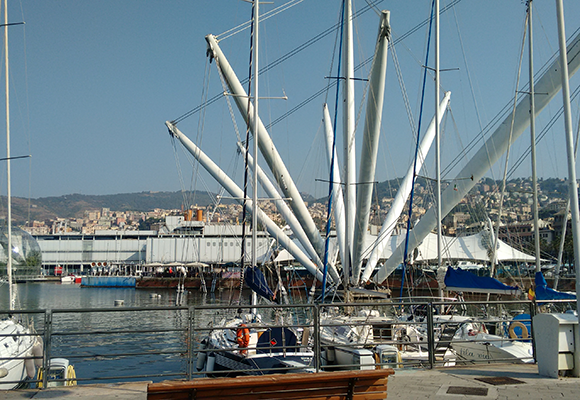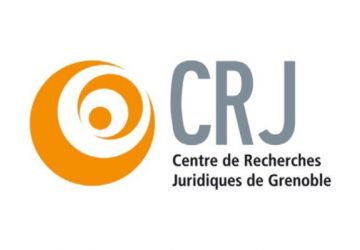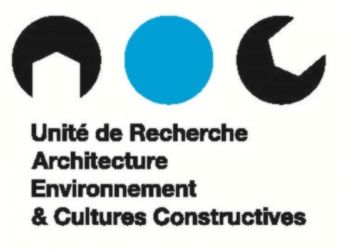Post-doctorat
Montagnes métropolisées et territorialités périphériques : l'exemple des città metropolitane
Grenoble, Italie
Du 01/02/2017 au 30/09/2018

This post-doctoral project will extend and deepen the problem of the relationships between the metropolitan and the mountain analyzed by TéLiMèp's research program. It will complete TéLiMèp's state of the art, mainly by Italian references, in order to confirm (or not) the initial comparative hypotheses.
The study will analyze the context of the last territorial reform in Italy: since the beginning of the 1990s, the system of territorial government in Italy is shared between different levels (commune, provincia, regione); in 2014, a new law has abolished ten provinces and instituted the città metropolitana. The boundaries of new metropolitan areas correspond to those of the previous provinces. The metropolitan areas have assumed all the powers of the former provinces (including territorial planning and the coordination of social and economic development) by giving themselves a legal status and developing a three-year strategic plan.
The state of the art will examine in particular the theoretical and applied works of the Italian Territorialisti, as well as the "technical" literature (national and regional laws, status of metropolitan areas, territorial and strategic plans, etc.) concerning the recently instituted metropolitan areas.
Two metropolitan areas located in mountain regions (Genoa and Turin), whose "mountain policies" clearly illustrate the problems analyzed by TéLiMèp research project, will be studied in the post-doctoral pre-survey, to determine which of the case studies will be the most relevant to deepen:
- located between sea and mountain, Genoa is mainly known for its port and its commercial and industrial history connected to the port activities; however, the town is very close to its hinterland, which is largely mountainous (out of the 67 municipalities of the metropolis, only 13 are not classified as mountain areas);
- situated at the foot of the mountains, the city of Turin has the ambition to be an "international city" competing with other major European cities; the metropolitan area of Turin includes a vast territory extending from the city center to the border with France (316 municipalities grouped into 11 homogeneous zones, 5 of which are classified as mountain areas).
Both metropolitan areas include an "inner area" (defined as a remote area from essential services, but not necessarily considered "weak") in their respective boundaries. These two mountainous territories have been chosen as pilot-areas within the framework of a national program (Strategia Nazionale per le Aree Interne) and, at the same time, they are subject to specific guidelines carried out by the two metropolitan areas. Although not representative of the entire metropolitan area, studying the internal areas may reveal elements of innovation characterizing the relationship between the center of the metropolis and its peripheries.
An in-depth investigation on one of these metropolitan areas' policies will be carried out by means of interviews with stakeholders.
The objective of this project is to formalize the results in a research report and to participate in the animation and feeding of the TéLiMèp team's reflections, in particular by facilitating comparisons with the French territorial reform and particularly with the Grenoble case study.
Institutions partenaires

Centre de Recherches Juridiques de Grenoble (EA 1865)
Porteur du projet

 Facebook
Facebook Forward
Forward Google+
Google+ LinkedIn
LinkedIn Twitter
Twitter





